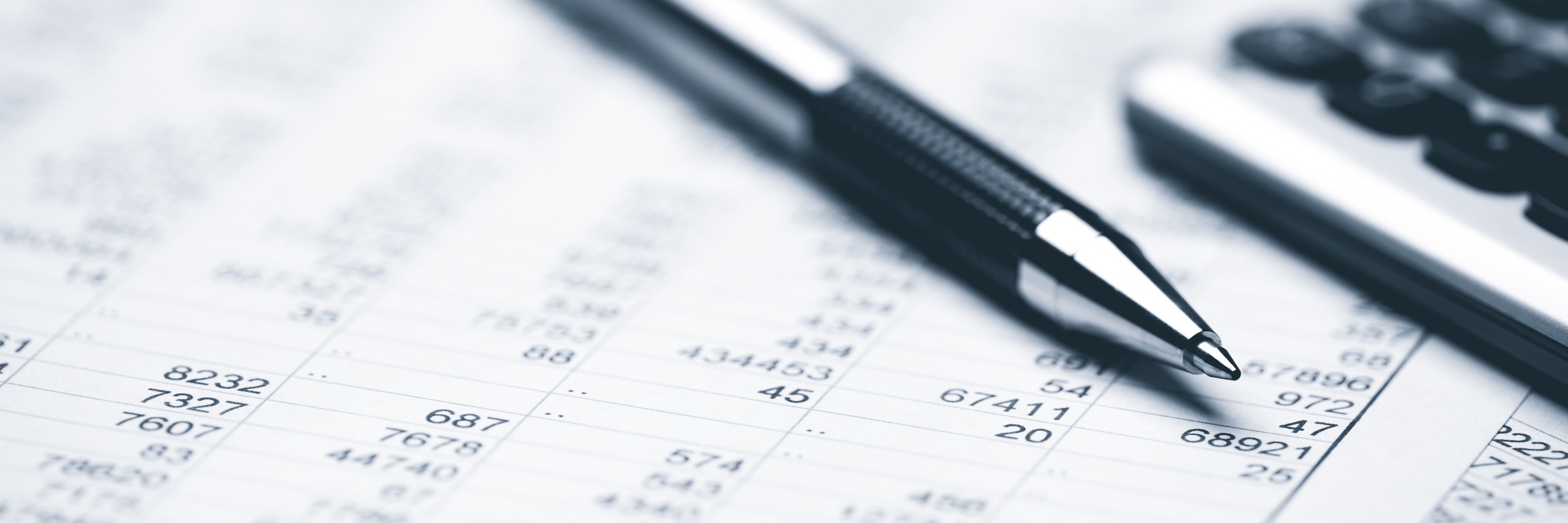How Much Cash Reserve Does Your Business Need?

Nearly every day we receive a call from at least one business owner who is frantic about cash flow. Things were going along fine when - BAM! - out of nowhere something happens to throw a monkey wrench into the whole works and they find themselves in desperate need of a business loan - fast.
Things will happen to your business that you never anticipated. Your primary supplier could disappear overnight. A natural disaster (like a hurricane) could shut down your retail store for weeks. Your star employee could fall in love with someone who lives on the opposite side of the planet and suddenly announce they are moving to Monaco. In short, life happens.
Having cash reserves helps smooth out the rough edges of owning a business. As part of our accounting services we help our clients understand two things: (1) how much cash on hand they have and (2) how much they really need.
A recent report revealed that the average business owner has just 27 days of a "cash buffer" - that is, the amount of cash on hand that would fund operations if there were no sales coming in the door for some reason. Is that enough? Too much? It depends on your business.
For retailers, restaurants, and brick-and-mortar shops who depend on foot traffic and entry-level employees with higher turnover rates, the more cash on hand the better. These types of businesses are more susceptible to unforeseen changes like weather. Similarly, a retailer in a beach area has a higher risk of weather-related cash flow issues than a retailer in suburban midwest, and their cash reserves should reflect that difference.
Cash Buffer Days
The Cash Buffer Days metric will tell you how much the cash you have right now will last you if for some reason sales suddenly stop. To calculate this, look at the average ending balance for all your company bank accounts and divide that by your average debits out of those accounts (for bills, payroll, loan payments, supplier payments, etc). This will give you your number of Cash Buffer Days, or the number of days your business could support outflows (bills) with no inflows (revenue).
Again, exactly how much of a cash buffer you need is dependent upon your unique circumstances (industry, geographic location, etc). If you need help determining what's best for your particular business, our Capital Advisors can help.
Net Burn Rate
Most of the time you will want to know your "net burn rate" - that is how much of your revenue you use - or burn - every month. This is different than your cash buffer in that your Net Burn Rate takes into account your ongoing sales. For example, if you had $100,000 in sales last month and $80,000 in expenses, your Net Burn Rate is +$20,000. It is a good idea to look at this figure over a period of time (the past 12 months is ideal) versus just one month as it can help spot trends that you otherwise would not see.
Cash Reserves
Knowing your Net Burn Rate will help you determine how much in cash reserves you need to have on hand. For individuals, the savings adage is 3-6 months of your monthly household expenses. For businesses it can be a bit trickier to calculate. In general, you want to know where your cash is coming from for the next 12-18 months. Having cash reserves equivalent to 12 months of your burn rate can greatly help ride out most short-term cash challenges that arise without having to turn to borrowing funds.
If you are looking ahead and see that you may need to borrow funds in the near future, it is best to start planning now. The old saying is true that it's best to plan for borrowing money before you need it. We have seen countless businesses wait too long to seek a business loan and by the time they do their options are greatly limited. Had they been regularly reviewing their finances with someone like our Capital Advisors they may have been able to adjust their expenses to avoid needing a business loan at all.
Next Steps
Life happens, even - or especially - in business. Knowing metrics like these can help better prepare your growing business to adapt and respond to bumps in the road. Take the time to calculate your Cash Buffer and Net Burn Rate before the next financial challenge hits.
Need Help Calculating Your Company's Key Metrics?


